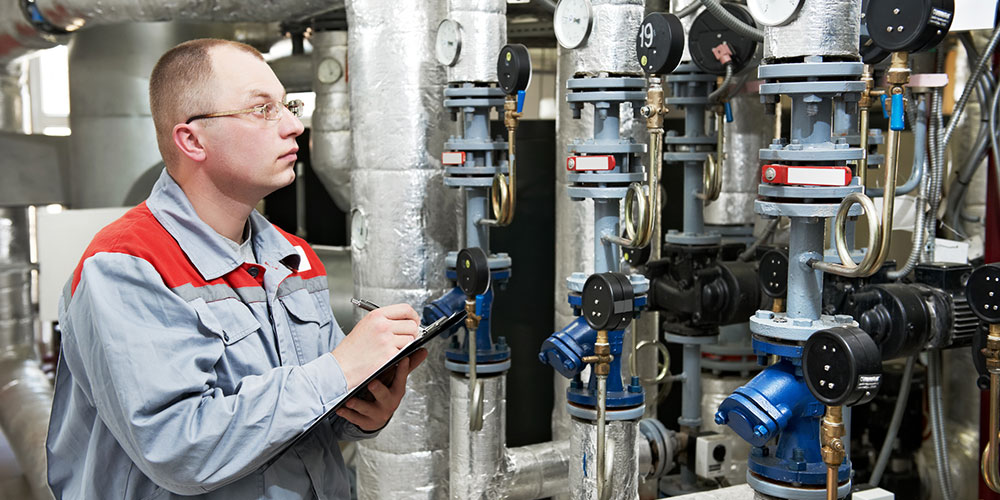industry-news
Local Efficiency Insulation Rebates
May 11, 2021

A lot of thought might go into mechanical insulation when a building is being constructed, but it’s rarely considered after the fact. If you’re already in a building with no obvious issues, why would you worry? You might have unseen problems in your mechanical or boiler room that are costing you hundreds of dollars.
Schools, hospitals, and other institutions could go years without realizing how much money and energy they’re losing just by having bare steam and hot water distribution systems. But if you treat your pipes right, they’ll reward you with significant cost and energy savings.
There could be a couple of reasons why pipe components don’t get insulated initially, but the main one is shape. Because pipe systems are shaped so irregularly, constantly bending and twisting in odd places, they can be harder to insulate. But a skilled mechanical insulator has a couple of tricks up his sleeve to get the fit just right, and there are many different types of insulation. An insulator can either craft custom pieces of insulation to fit any pipe components, or use insulation blankets.
You can check for yourself to see if your institution is at risk of waste by simply walking into your boiler room to see if there are any exposed pipes that could lead to the waste of thermal energy. As you will learn from any expert in mechanical insulation, water pipe insulation on these exposed pipe components can bring about considerable benefits, including:
For providers of these types of mechanical insulation, water pipe insulation is considered one of the most vital for cost and energy savings.
One of the biggest benefits of water pipe insulation is the reduction of environmental impact. If you have a boiler burning fuel, it’s releasing heat and energy into the atmosphere around it. If your pipes aren’t insulated, that heat gets released at a much higher rate, meaning that the water in your pipes cools faster as it moves toward the user. If water is cooling faster, your heating system needs to work harder and longer, increasing your emissions—and your cost. The simple addition of proper mechanical insulation means your entire system can run more efficiently.
Insulation isn’t just important when a building is being constructed—it’s important to the long run. Contact NCMI to ask about an energy audit and find out how much you could be saving.